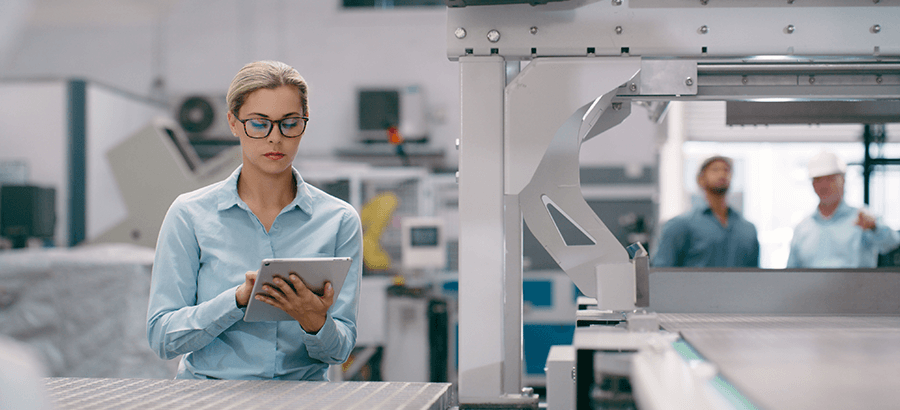One of the big differences between Tier 1 and Tier 2 ERP implementations is process maturity. They may be two short words, but they underpin huge differences in how ERP projects play out including how you approach the project, what you do, and how you do it.
Tier 1 ERP Projects
Tier 1 ERP projects involve big businesses that have already invested heavily in refining processes specific to their business; and they have iterated on these processes many times over. So if the new ERP system isn’t streamlining their business, it is not a worthwhile investment.
This is one of the reasons that makes Tier 1 ERP projects expensive, as the ERP system will need to be heavily customized to meet these business requirements. Even just finding and documenting these specialized requirements is a lot of work.
Tier 2 ERP Projects
Tier 2 ERP projects involve smaller businesses that typically have not invested so much in refining their processes. Business processes in these companies have typically evolved organically or expediently.
For most of these businesses, a Tier 2 solution like SYSPRO will be an automatic business process improvement. Consultants can then spend time focusing on what is important. This approach of focusing on just the most important criteria and selecting the ERP solution that best fulfills these criteria results in much shorter planning periods with faster and less expensive implementations.
Small and medium size enterprises also have fewer stakeholders. This makes it easier to improve business processes, but typically these companies can’t afford or won’t risk a massive business process overhaul in parallel with an ERP implementation. But once the ERP is implemented, these businesses have a great base on which to build business process improvements.
If you want to see what a good business process improvement project with strong executive buy-in looks like, I recommend reading this case study on Argus’s journey in to Kaizen.
With most Tier 2 ERP projects, you want to deliver value quickly and then start making improvements and deliver incremental business value.
Just Because It Works for the Big Guys…
The relative maturity of business processes in Tier 1 and Tier 2 ERP projects results in big differences between implementations at each tier.
For a medium-size company, implementing a Tier 2 ERP solution that best fits their needs, with limited customization, and saving other changes for future iterations, results in faster and more effective ERP implementations and happier customers.
Doing the same thing with a Tier 1 company may be faster, but it is certainly not more effective and will result in a lot of angry stakeholders.
Consultants experienced with Tier 1 implementations need to recognize that the companies buying Tier 2 solutions typically don’t have very mature processes and don’t have Tier 1 budgets. And they need to adjust their approach to suit these circumstances.







